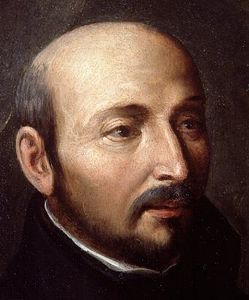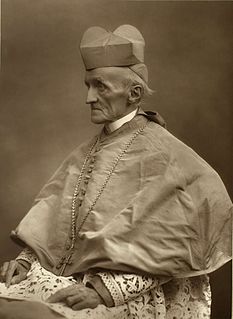A Quote by Ignatius of Loyola
If our church is not marked by caring for the poor, the oppressed, the hungry, we are guilty of heresy.
Related Quotes
But the appeal to antiquity is both a treason and a heresy. It is a treason because it rejects the Divine voice of the Church at this hour, and a heresy because it denies that voice to be Divine. How can we know what antiquity was except through the Church? ... I may say in strict truth that the Church has no antiquity. It rests upon its own supernatural and perpetual consciousness. ... The only Divine evidence to us of what was primitive is the witness and voice of the Church at this hour.
But why do some people support [the heretics]?" "Because it serves their purposes, which concern the faith rarely, and more often the conquest of power." "Is that why the church of Rome accuses all its adversaries of heresy?" "That is why, and that is also why it recognizes as orthodoxy any heresy it can bring back under its own control or must accept because the heresy has become too strong.
Many of the liberal people tend to say, "Well, the solution is government." I couldn't disagree more. The government cannot solve the problem and never will. I believe the solution to these problems is the church and that the church should be responsible for caring for the sick, and assisting the poor, and educating.
Jesus tells us what the 'protocol' is, on which we will be judged. It is the one we read in chapter 25 of Matthew's Gospel: I was hungry, I was thirsty, I was in prison, I was sick, I was naked and you helped me, clothed me, visited me, took care of me. Whenever we do this to one of our brothers, we do this to Jesus. Caring for our neighbor; for those who are poor, who suffer in body and in soul, for those who are in need. This is the touchstone.
If we all gave all our goods to the poor, the church would fall apart. If we all hated our father and mother, as Jesus told us to, there'd be an end of the church's emphasis on the family as being the one important thing holding the whole society together. There are all sorts of ways in which the church's teachings contradict directly what Jesus says in the Gospel.
































